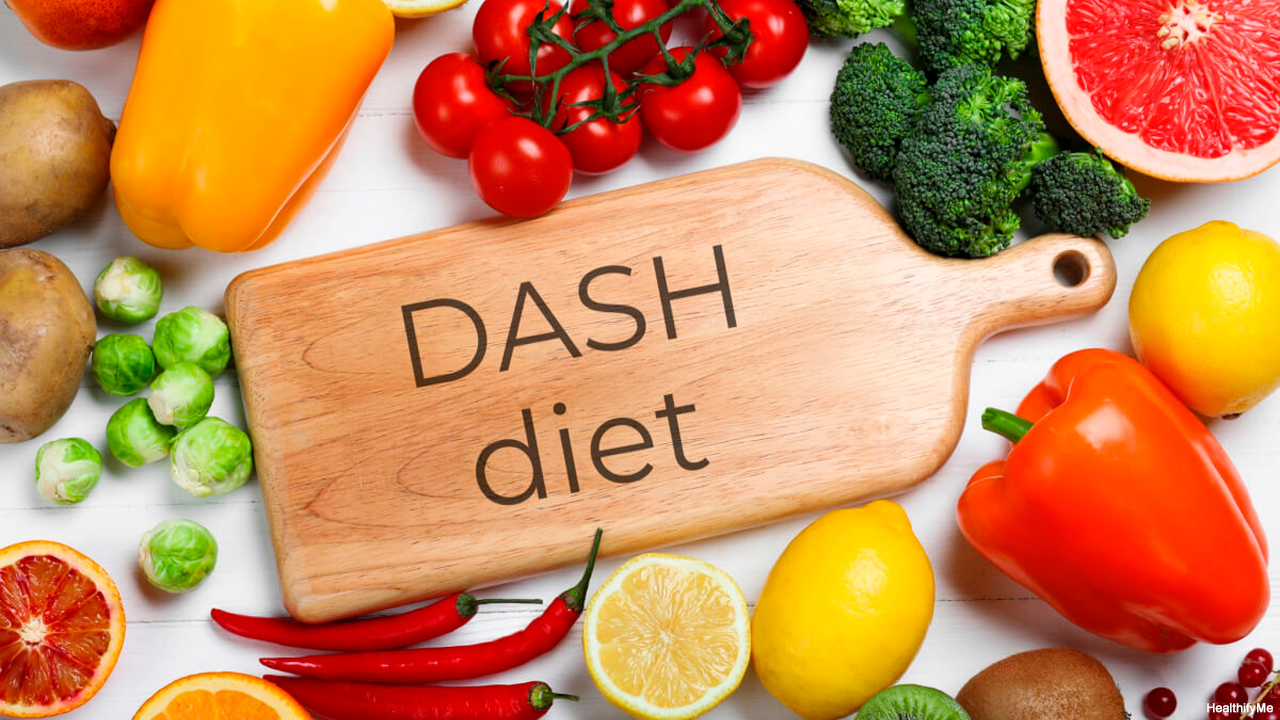With modern lifestyle, we are seeing a notable rise in diseases like hypertension, diabetes, obesity, coronary artery diseases, etc. Chronic life-threatening conditions owing to these diseases account for a major percentage of deaths in the country. With advancements in Science and technology and cutting-edge diagnostic techniques, unfortunately, there has been no decline in the case numbers in fact they are getting multifold. Experts and researchers are trying hard to find an integrated approach to manage this growing epidemic. Early diagnosis and medications are still the mainstays of disease management.
Fortunately, the risk factors for these diseases can be controlled by living a healthy and well-balanced lifestyle.
The Dietary Approach to Stop Hypertension (DASH) diet originated in the 1990s. In 1992, the National Institute of Health (NIH) started funding several research projects to see if specific dietary interventions were useful in treating hypertension. No lifestyle modifications were done and only dietary alterations results were noted to avoid confounding factors. Researchers want to see the impact of dietary alterations only. They found that only the dietary intervention alone could decrease systolic blood pressure by about 6 to 11 mm Hg. This effect was seen both in hypertensive as well as normotensive people. Based on these results, the DASH diet became the first-line pharmacologic therapy along with lifestyle modification for hypertension.
DASH diet
DASH encourages the consumption of vegetables and fruits, lean meat and dairy products, and the micronutrients on the menu. It also advocates the reduction of sodium intake in the diet to about 1500 mg/day. The DASH diet is a mixture of the ancient and modern world.
-
Vegetables: About five servings per day
-
Fruits: About five meals per day
-
Carbohydrates: About seven servings per day
-
Low-fat dairy products: About two servings per day
-
Lean meat products: About two or fewer servings per day
-
Nuts and seeds: 2 to 3 times per week
Healthy carbohydrates of the DASH diet –
- Green leafy vegetables: kale, broccoli, spinach, collards, mustards
- Whole grains: cracked wheat, millet, oats
- Low glycemic index fruits
- Legumes and beans
Fats – It is a misnomer that fat is unhealthy. In fact, Fat is an essential component of a balanced meal. When taken in moderation, it increases the HDL, good cholesterol, and reduces the LDL, bad cholesterol. Some sources of good fats are
- Olive oil
- Avocados
- Nuts
- Hemp Seeds
- Flax seeds
- Fish rich in omega-3 fatty acids
Proteins – Plant protein sources include legumes, soy products, nuts, and seeds. Animal protein in the diet should mainly compose of lean meats, low-fat dairy, eggs, and fish.
The DASH diet also talks about the inclusion of certain foods rich in potassium, calcium, and magnesium as these prevent endothelial dysfunction and promote endothelial, smooth muscle relaxation. Foods rich in
Magnesium – Whole grain, leafy vegetables, nuts, and seeds
Calcium – Dairy products and green leafy vegetables
Potassium – Banana, orange, spinach
(Disclaimer: The content on this site is for informational purposes only, and should not be taken as professional medical advice. Always seek the guidance of your doctor or other health professionals for any questions you may have regarding your health or a medical condition.)

 The Dietary Approach to Stop Hypertension (DASH) diet alone could decrease systolic blood pressure by about 6 to 11 mm Hg as per the study. It is the first-line pharmacologic therapy along with lifestyle modification for hypertension. Know more about the DASH diet.
The Dietary Approach to Stop Hypertension (DASH) diet alone could decrease systolic blood pressure by about 6 to 11 mm Hg as per the study. It is the first-line pharmacologic therapy along with lifestyle modification for hypertension. Know more about the DASH diet.





















.jpg)











